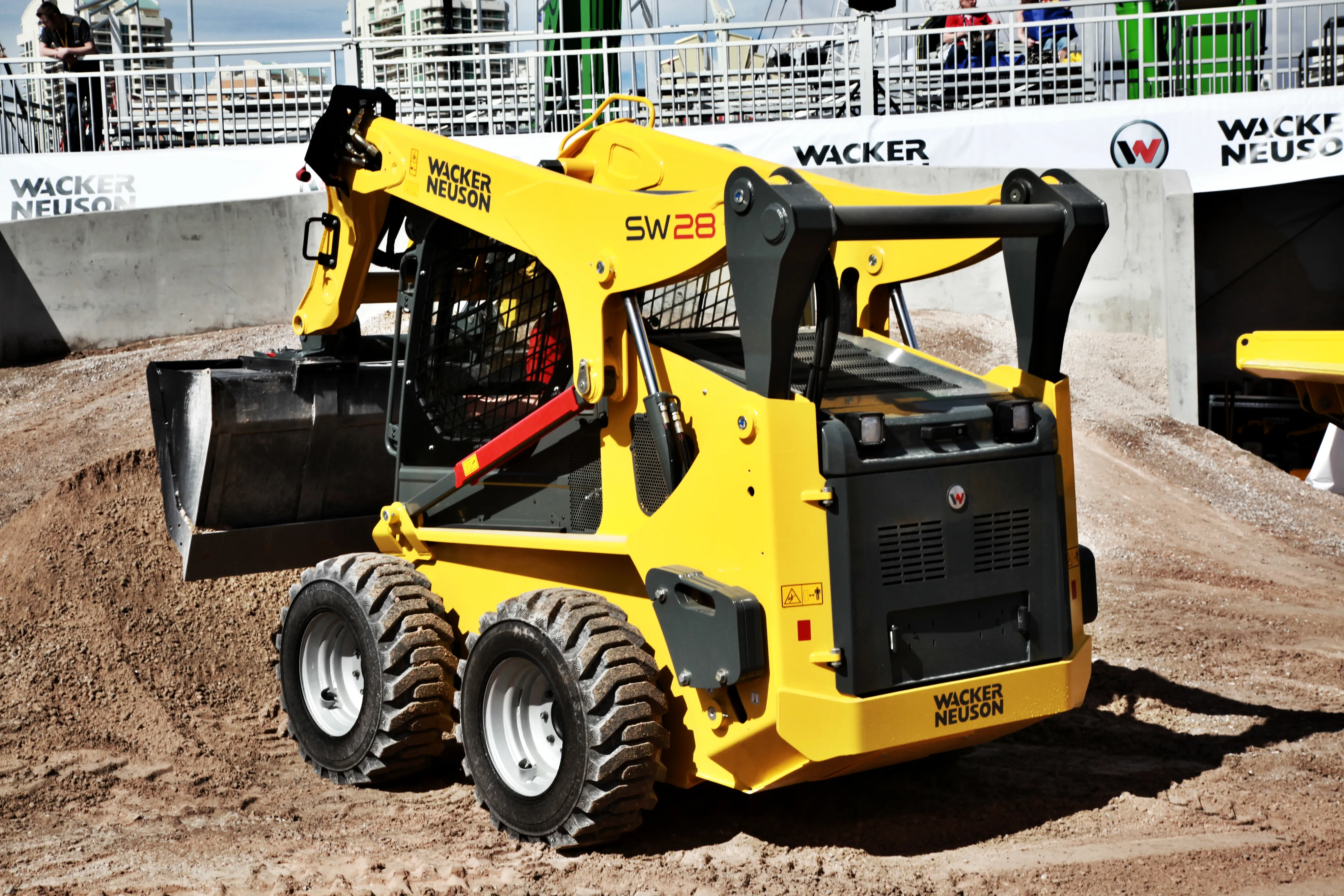
Wacker Neuson Group says it has seen a slow start to the fiscal year 2024 due to the ongoing economic slowdown in the construction sector. High dealer inventories are also leading to a weaker order intake and make it more difficult to reduce net working capital. Measures to reduce production costs have already been taken, but have not yet been able to fully compensate the reduced production output.
“After a very successful previous year, the 2024 financial year has begun with the expected challenges. The cyclical nature of the business is no surprise to us – we have already begun to adapt our structures to the lower market demand. We expect to increase revenue and profitability from quarter to quarter. We pay close attention to our annual targets and confirm them. Strategy 2030 keeps us on course in the long term and secures our track record,” explained Dr Karl Tragl, Chairman of the Executive Board and CEO of the Wacker Neuson Group.






